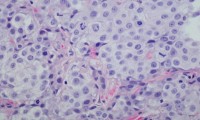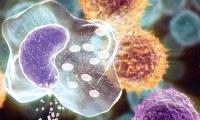-
Seattle Genetics Snaps Up Cascadian in $614M Buyout Deal
- Source: Biospace
- 460
- February 1, 2018
-
Seagen’s Adcetris and Bristol’s Opdivo boost hopes for another ADC, PD-1 combo
- Source: drugdu
- 111
- December 12, 2023
-
Bluebird Bio and Celgene Corporation Enter into Agreement to Co-Develop and Co-Promote Anti-BCMA CAR T Cell Therapy bb2121 in the United States
- Source: investor.bluebirdbio
- 461
- March 29, 2018
your submission has already been received.
OK
Subscribe
Please enter a valid Email address!
Submit
The most relevant industry news & insight will be sent to you every two weeks.









